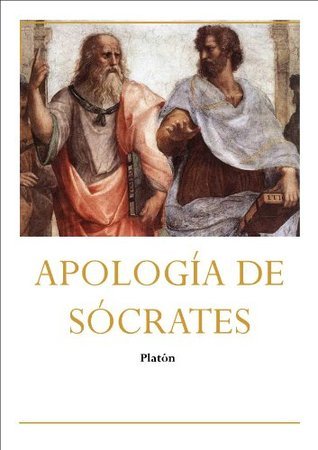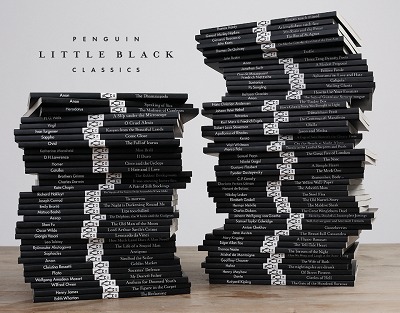What do you think?
Rate this book


64 pages, Kindle Edition
First published January 1, 400




“Be sure that if you kill the sort of man I say I am, you will not harm me more than yourselves.”
***
“On the other hand, if I say that it is the greatest good for a man to discuss virtue every day, testing themselves and others — for the unexamined life is not worth living for men, you will believe me even less.”



“So I am certainly not angry with those who convicted me, or with my accusers.
This much is all I ask of my accusers: when my sons grow up, avenge yourselves by causing them the same kind of grief that I caused you, if you think they care for money or anything else more than they care for virtue, or if they think they are somebody when they are nobody.
Reproach them as I reproach you, that they do not care for the right things and think they are worthy when they are not worthy of anything. If you do this, I shall have been justly treated by you, and my sons also.
Now the hour to part has come. I go to die, you go to live. Which of us goes to the better lot is known to no one.”




“Well, gentlemen, for the sake of a very small gain in time you are going to earn the reputation – and the blame from those who wish to disparage our city – of having put Socrates to death.”